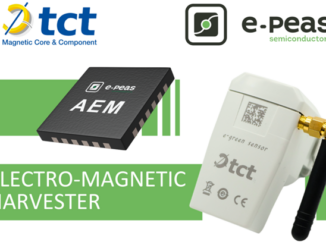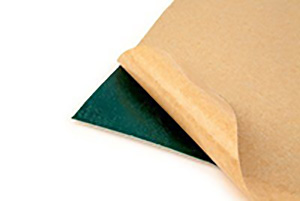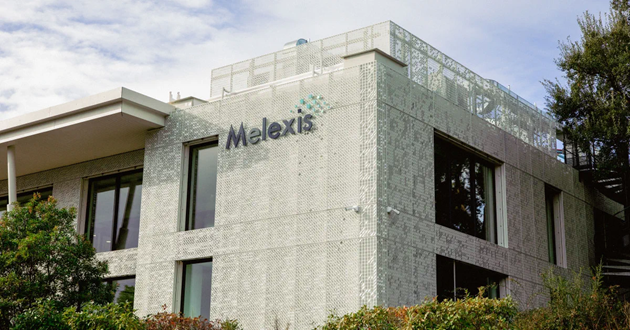
Melexis, a microelectronics company based in Tessenderlo, Belgium, has opened a new office and laboratory in southern France where its engineering teams will continue to innovate by developing the company’s next generations of current sensors. Designed for applications in automotive, industrial and consumer markets, they rely on a robust implementation of Hall-effect technology and proprietary Integrated Magnetic Concentrator technology.
The new facility in Sophia Antipolis in the Côte d’Azur replaces the former Grasse operation nearby and complements Melexis’ other presence in France with a wafer-probing site in Corbeil-Essonnes and a development team in Paris.
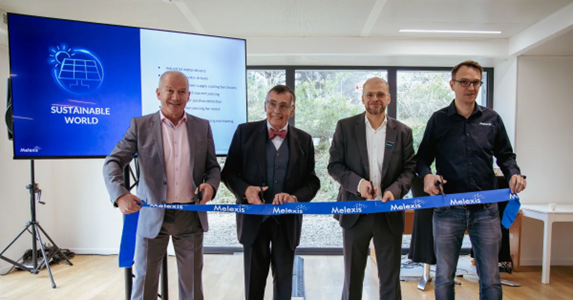
The impact of the company’s technology in current sensing is far-reaching, as illustrated by a placement announced in 2024 with fast-growing Chinese electric vehicle manufacturer NIO when it selected Melixis current sensor chips for their traction inverter systems.
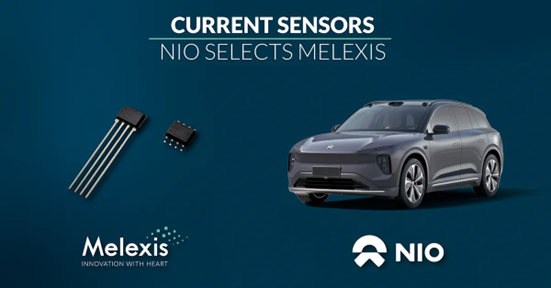
The traction inverter system plays a vital role in NIO EVs, by efficiently converting the battery’s direct current into the alternating currents that power the electric motor. The current sensor is an essential element within the system, precisely monitoring the current to ensure the vehicle’s safety and optimal performance.

“We are delighted to collaborate with NIO, a company known for its innovation and leadership,” commented Dieter Verstreken, VP of China Strategy at Melexis. “Our current sensor ICs, coupled with the expertise of our dedicated local engineers, will provide NIO with the support they need to achieve success in the electric vehicle market. We look forward to collaborating with NIO on future projects to advance electric vehicle technology.”
In another recent development, in December Melexis introduced a free online web-tool for streamlining inductive coil design and simulation. Featuring an intuitive interface, the tool allows for real-time visualization of the coil design and delivers the optimized layout together with a complete performance report.

The tool captures Melexis’ inductive expertise and insights, presenting it in a user-friendly graphical user interface that allows engineers to easily design and simulate various coil shapes, including rotary ‘C’ and ‘O’ shaped designs, as well as coils for linear and arc applications.
The tool’s configuration is tailored to Melexis’ patented 3-phase based coil design, which is utilized in combination with its inductive sensor range. The tool is equipped to support both two and four-layer PCB designs and can accommodate various sensor topologies including through shaft, side of shaft and end-of-shaft configurations.
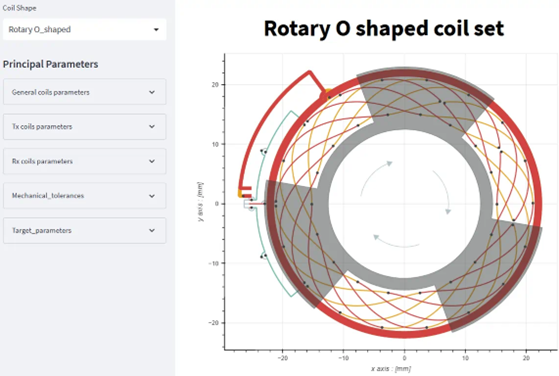
“This tool has been created to capture Melexis’ extensive inductive simulation knowledge and to make it readily available to engineers worldwide, completely free of charge,” said Lorenzo Lugani, Product Line Director at Melexis. “By moving the R&D process into the virtual domain, engineers can redefine their development process for inductive sensors, leading to significant reductions in costs, efforts, and material wastage.” For more info, see www.melexis.com.


